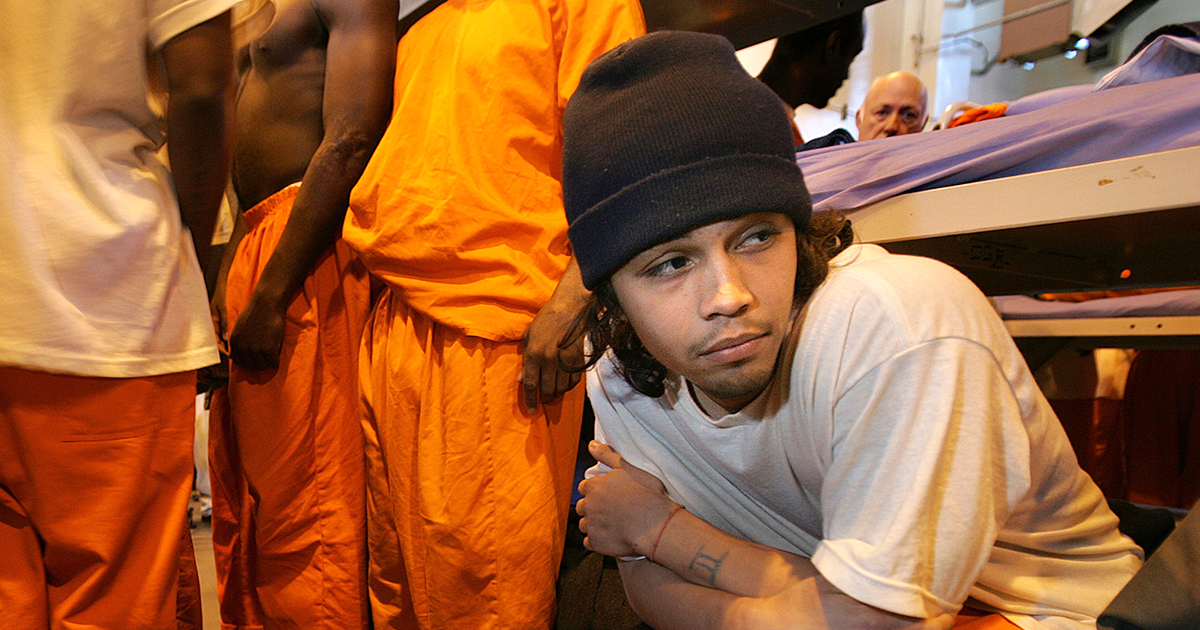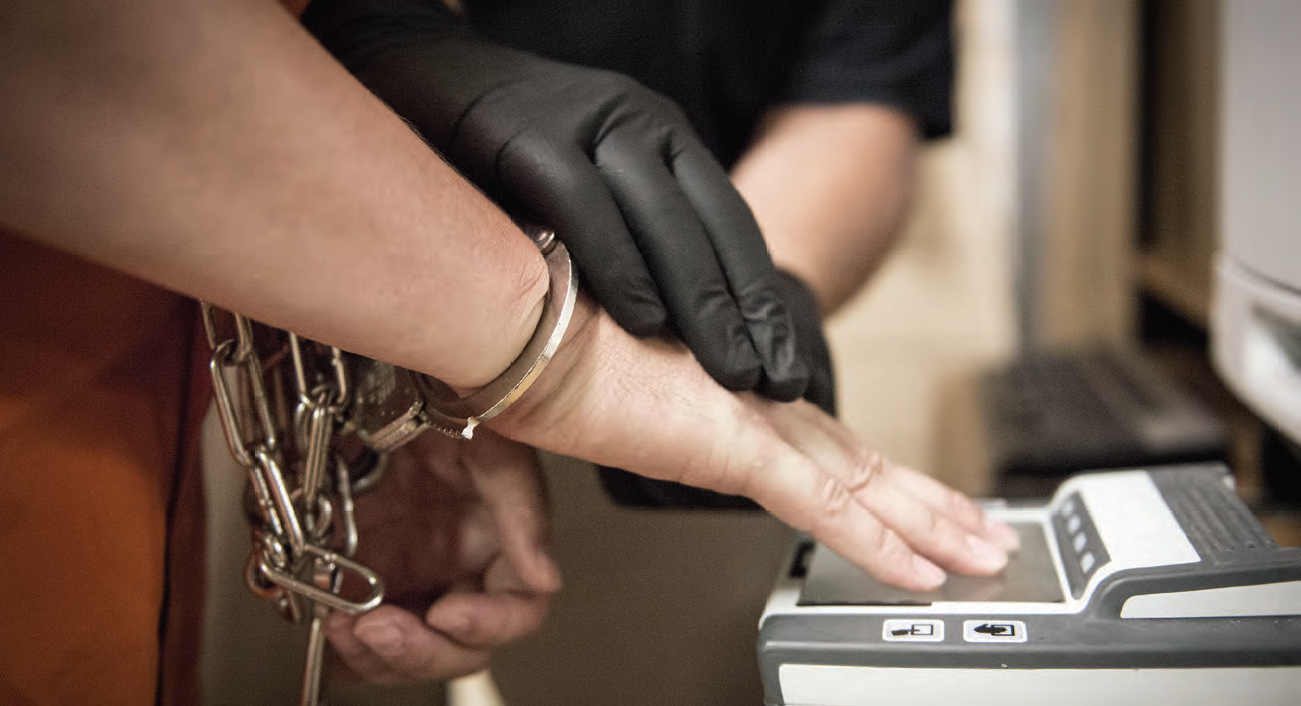These 27 States Show What Happens When You Let People out of Prison

By:
Mass incarceration is a big problem in the U.S., with the country claiming the highest incarceration rate in the world. However, a new report gives a road map for criminal justice reform, and it shatters a popular misconception that keeping people out of prison poses some sort of public safety risk.
 Ap/Spencer Weiner - apimages.com
Ap/Spencer Weiner - apimages.com
There are 27 states that reduced both the crime and prison populations over more than a decade, according to the Brennan Center for Justice's report on prison reform released Friday.
From 1999 to 2012, New York and New Jersey reduced the prison populations by roughly 30 percent and the crime rate dropped, too. During this same time frame, Texas decreased both its prison population and crime rate by more than 20 percent, and California cut its prison population by 27 percent while violence fell more than national average.
Florida got rid of its prison sentences for some low-level, nonviolent felonies in 2009 and the state’s imprisonment rate fell 9 percent from 2009 to 2014. The state of Mississippi's incarceration rate decreased by 17 percent and violent crime dropped by almost 10 percent between 2008-2014 after the state made reforms.
South Carolina "eliminated mandatory minimums for drug possession, and expanded the use of probation instead of prison for drug possession" in 2010 and from 2010-2014 the state's imprisonment rate fell by 13 percent with significant drops in violent crime and property crime, 17 percent and 11 percent, respectively.
 Wikimedia Commons/ Atlas.gov - wikimedia.org
Wikimedia Commons/ Atlas.gov - wikimedia.org
Nearly 40 percent of the 1.46 million prisoners in federal and state prisons "are incarcerated with little public safety rationale," according to the report. The analysis didn't consider jails, which would bring the total incarceration population in the U.S. to 2.2 million people. The prison system has also seen an acceleration of the incarceration of women over the past decades.
"The female imprisonment rate is six times higher than it was in 1980," according to the report, which also noted that black Americans are imprisoned at a rate that's 5.5 times higher than that of white Americans.
About 25 percent, or 364,000, prisoners in federal and state prisons should've never been in prison in the first place, Lauren-Brooke Eisen, senior counsel in the Brennan Center for Justice in New York told ATTN:.
"They should not have been sent to prison," she explained. "It would have made a lot more sense to treat them in the community with probation or with drug rehabilitation or mental health services."
 United States Marshals Service - wikimedia.org
United States Marshals Service - wikimedia.org
The report, which was the result of three years of research, proposed that effective criminal justice would keep people out of prison who shouldn't be there and also let people out more quickly who have served an appropriate amount of time.
The findings concluded that eliminating prison for low-level offenses, reducing mandatory sentencing, and using prison alternatives like electronic monitoring, community service, and fines would be effective at ending mass incarceration while yielding the same public safety results.
Will criminal justice reform move forward under President-elect Donald Trump's administration?
President Barack Obama has called for Congress and the states to advance criminal justice reform. He's also granted clemency to more than 1,000 prisoners, mostly non-violent drug offenders serving long sentences, and called for a reduction in solitary confinement.
.jpg?auto=format&crop=faces&fit=crop&q=60&w=736&ixlib=js-1.1.0) AP/Manuel Balce Ceneta - apimages.com
AP/Manuel Balce Ceneta - apimages.com
In November, Attorney General Loretta Lynch called for the Trump administration to continue moving toward a reduction in mass incarceration.
"Regardless of our political beliefs, we should be able to agree, as Americans, that poverty is not a crime," she said in a speech to lawyers at D.C.'s main federal courthouse. "We should be able to agree, as Americans, that justice is not a commodity to be bought and sold. We should be able to agree, as Americans, that the law should empower the most vulnerable — not oppress them."
Eisen is hopeful that criminal justice reform can receive bipartisan support during the Trump administration.
"Donald Trump campaigned that Washington is broken, and we need to change things in Washington, and we need to change things in this country," she explained to ATTN:. "Our bloated wasteful criminal justice system is a prime example of what needs to change."
